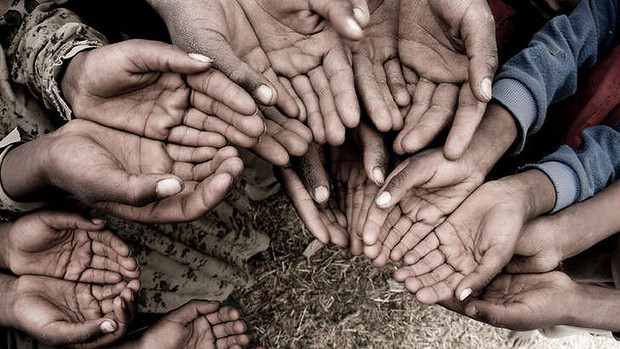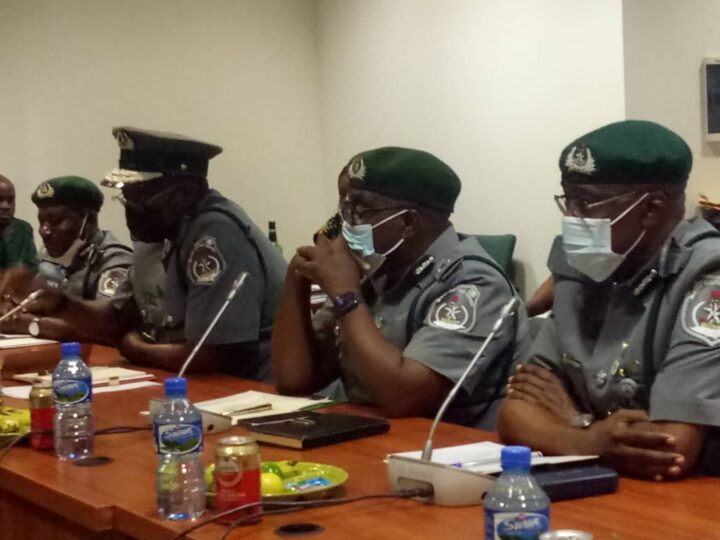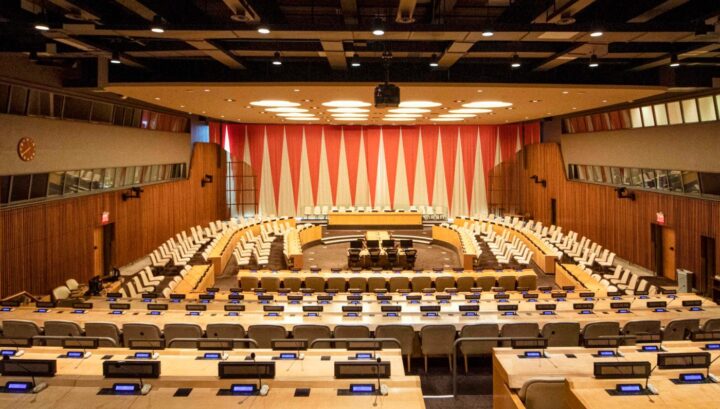David Umahi, governor of Ebonyi state, says the sit-at-home trend in the south-east affects the residents and not the governors.
He described the sit-at-home order by the proscribed Indigenous People of Biafra (IPOB) as “war brought by the people upon themselves”.
Umahi said the governors have tried their best to encourage the residents to stop complying with the order.
He spoke on Tuesday in Abakaliki, Ebonyi state capital, during the inauguration of his senior special adviser on religion and welfare matters, Abraham Nwali, as the south-east chairman of the Christian Association of Nigeria (CAN).
Advertisement
“Governors of the south-east have done their best to check the situation and when people sit at home, it is not biting the governors,” he said.
“When you sit at home, there is food for the governors in their homes and some of their children are outside the country.
“There have been sit-at-home this Monday and Tuesday and I heard there is another on Friday with the church’s own on Sunday.
Advertisement
“Another group might come up and declare its own on Wednesday and Thursday, then the end will come.
“The situation will then be clear to the people but we implore the church to announce the dangers of this practice.
“The church can intervene through adequate enlightenment on the dire consequences of the sit-at-home order.
“Other geo-political zones are not sitting at home and we are killing ourselves in the name of agitation.”
Advertisement
SUSPENDED, YET ADHERED TO
On August 9, IPOB started the enforcement of a lockdown every Monday until Nnamdi Kanu, its leader, is released.
The sit-at-home order is to protest the arrest and detention of Kanu.
On August 13, the group announced the suspension of the order and modified it to whenever Kanu appears in court.
Advertisement
Despite the suspension, the majority of south-east residents still observe the order.
The Ebonyi governor had on September 6 said residents of the region are adhering to the sit-at-home order out of fear.
Advertisement
“You know, the easiest thing to do is to carry a weapon and kill somebody, and that’s what happened in the past,” Umahi had said.
“And that’s why, you know, some people in the south-east are afraid of coming out. So it’s not a question of compliance. It’s a question of fear.”
Advertisement
The governor had said south-easterners, who are mostly into trade and commerce, do not like to “miss a day of work”, warning that if the situation persists, it may affect the economy of the region.
‘FEAR OF ATTACKS, SYMPATHY FOR IPOB’
Advertisement
According to a report by SB Morgan (SBM) Intelligence, the sit-at-home order has been effective due to fear of attacks and sympathy for IPOB’s cause.
To ascertain the impact on the region, SBM Intelligence carried out a survey between August 20 and 26 among 1000 respondents in the region.
The survey found that 464 respondents were more supportive of the sit-at-home action, 312 respondents were less supportive, while 233 respondents were lukewarm.
It was also discovered that more than half of the four age ranges — 18-30 years, 31-40 years, 41-50 years, and older than 50 — admitted to having their productivity affected by the action.
“Analysts resident in the region have told us that compliance should be seen as a combination of factors, most of which are public sympathy for the secessionist cause, consideration of personal safety and security in response to violent clashes between IPOB and security agents, as well as the group’s resort to brutality as a means of enforcement. They also believe that these factors at best contributed in no small measure to the “success” of the sit-at-home order,” the report reads in part.
1 comments







Edu egbe